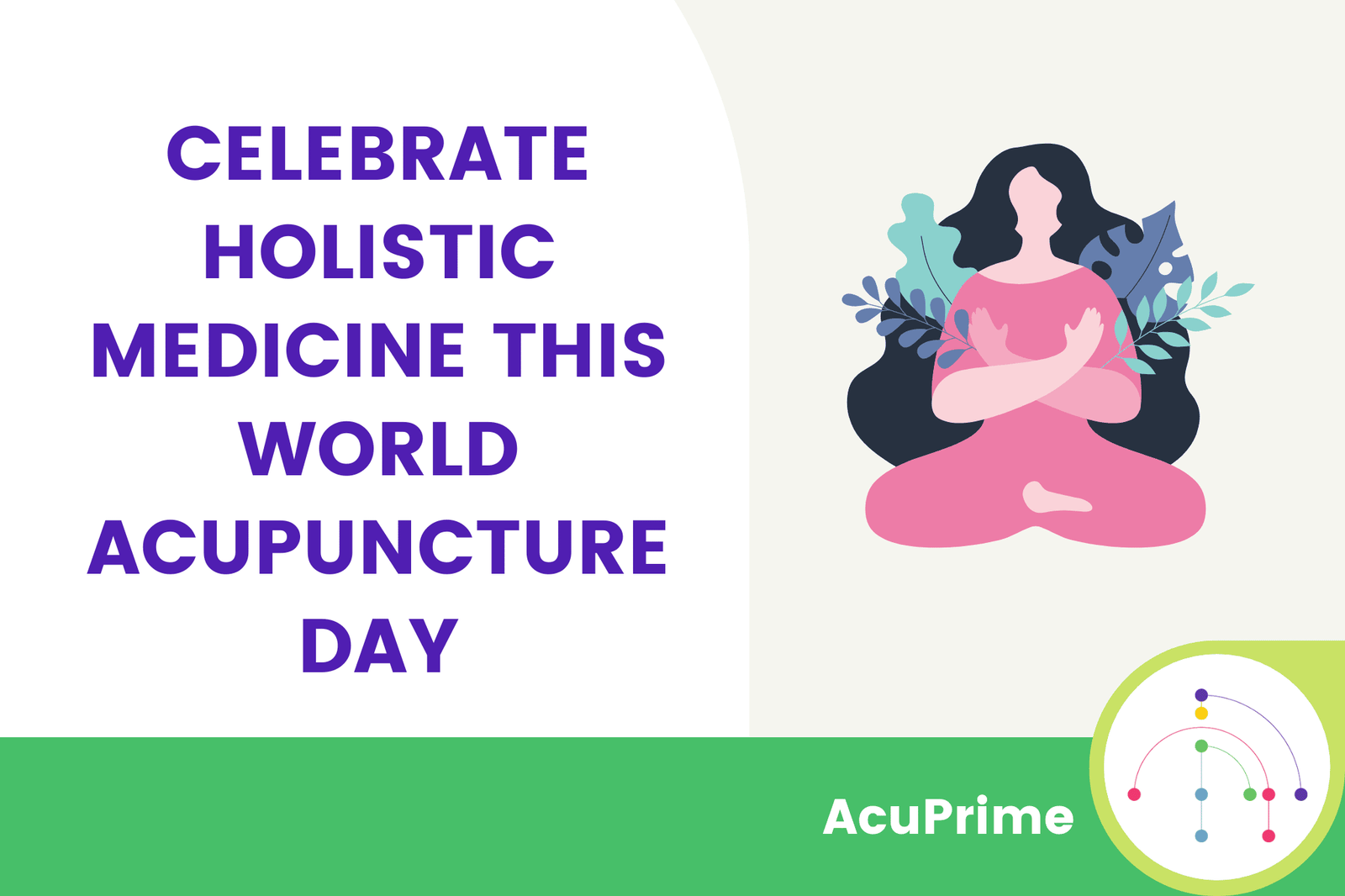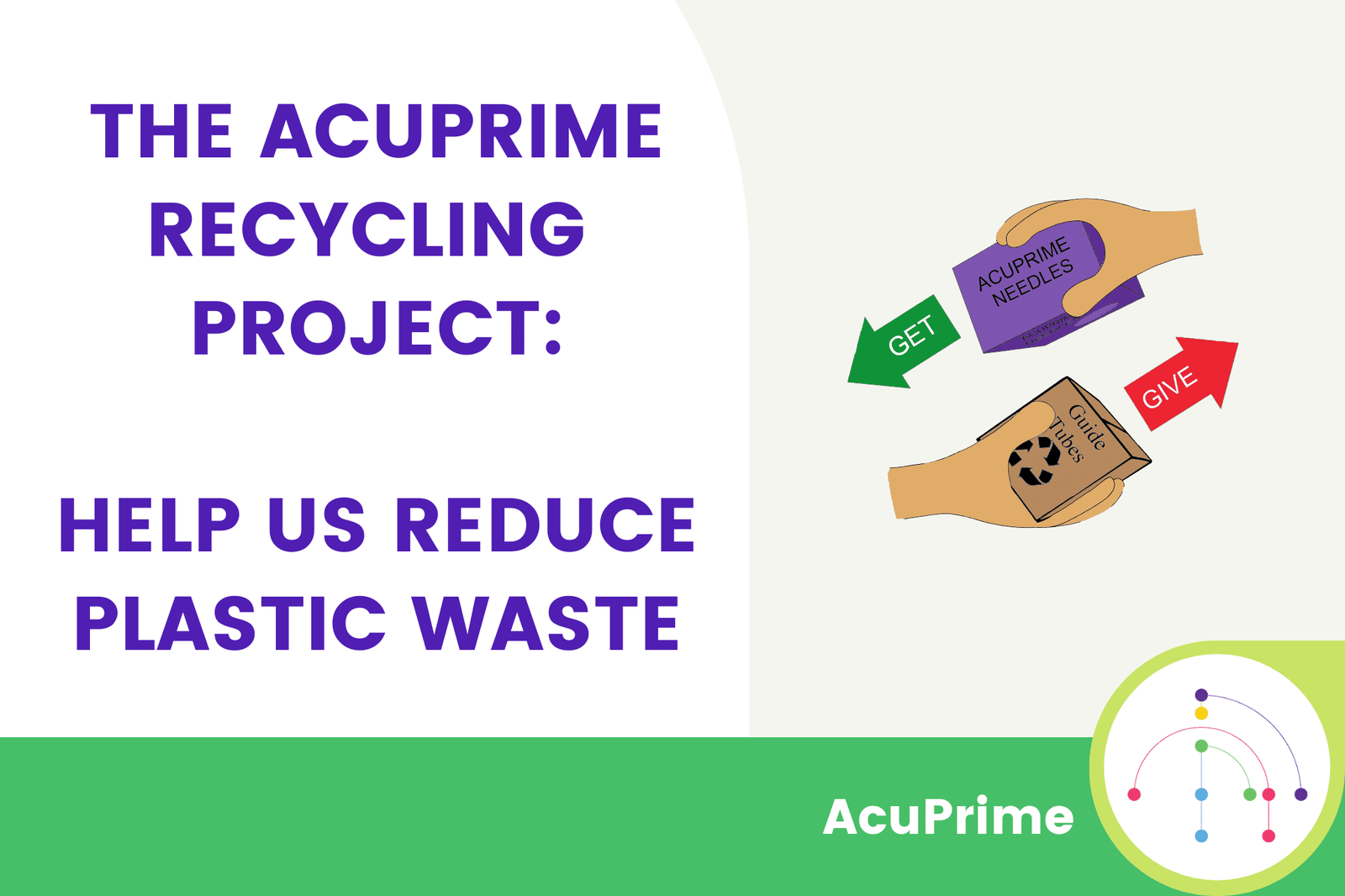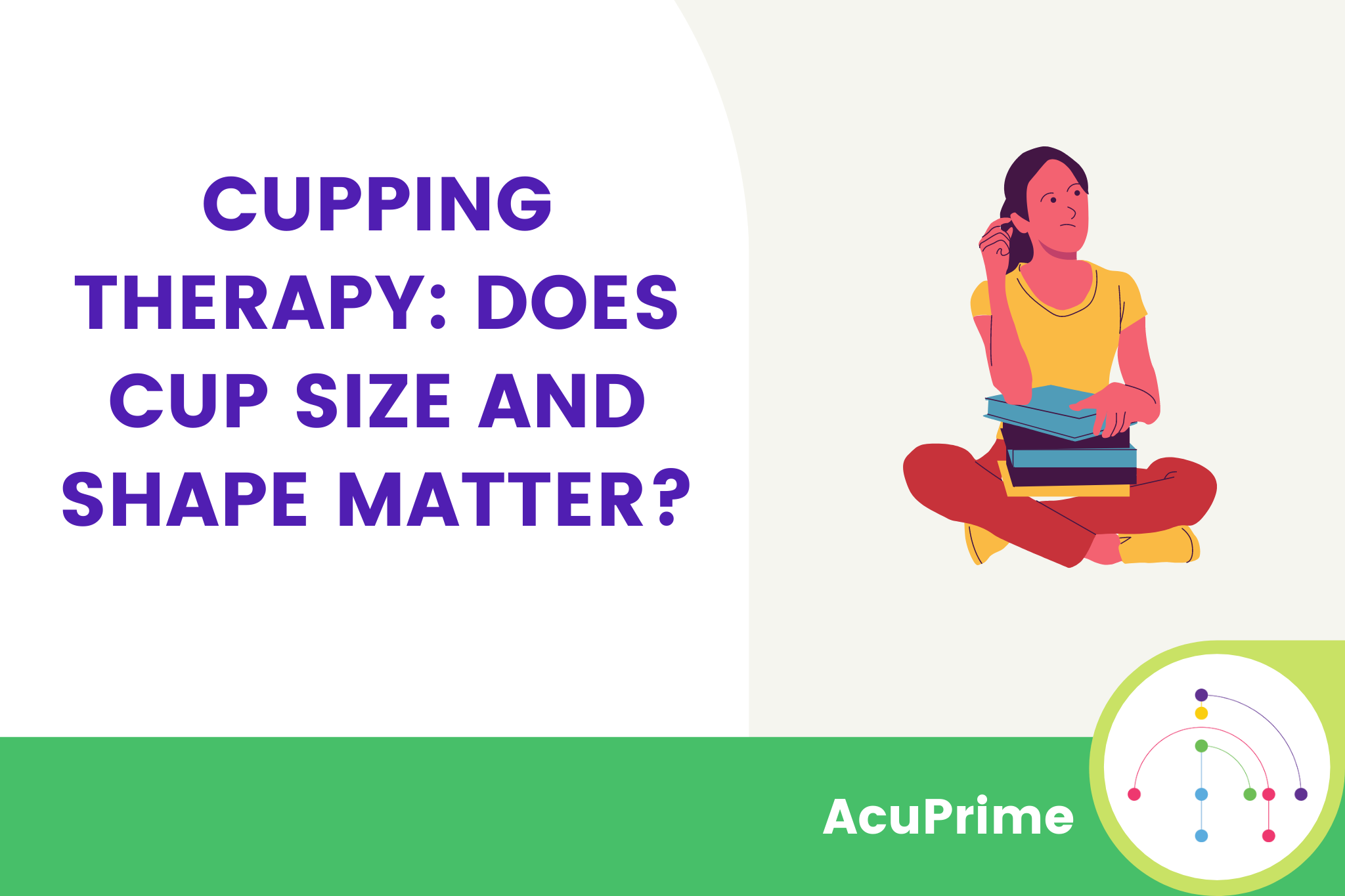Have you spent the last few months frantically trying to think of ways to help your patients from afar? Have you been making videos, started living on the phone or creating innovative solutions to keep on top of your clients’ health? Have you watched your business decline with no end in sight?
All too often, it’s those that spend their lives helping others who forget to look after themselves. If you’ve been prioritising others for months, now that restrictions are lifting and your work might be returning to a more normal-looking state, the burnout might be setting in.
Sure, you need a holiday. But you also need to put yourself first for once.
The Basic Tenets of Self-Care
You already know how important nutrition, movement and rest is. Chances are, you spend your workdays educating your patients on the very same things. But it’s easy to bat away our own needs, thinking we’re somehow strong enough to cope.
Newsflash, you can’t effectively help others until you help yourself. You know this, we know this. Let’s get started.
1 – Get Enough Sleep
Sleep is the cornerstone of health and wellbeing. Even slight sleep deprivation has ramifications on performance, cognitive ability and energy levels. During the night, your body is whirring away, fixing things, regulating blood pressure and repairing.
A restless night impedes these processes and can increase your risk of all sorts of conditions such as high blood pressure, obesity, diabetes and heart disease.
Of course, getting enough sleep isn’t just a case of lying down at 10 pm and closing your eyes. For many, that’s right when the racing thoughts arrive. There are many things that can help you get to sleep though, including acupuncture, exercise, meditation and avoiding alcohol.
2 – Move Every Day
We should all practice what we preach and if we did, we’d all be in much better condition. Many healthcare practitioners spend hours on their feet during usual workdays. From walking around clinics to hands-on patient care such as massage, you’d be surprised at the levels of activity you might ordinarily achieve.
During lockdown though, your movement may have dropped off significantly. Confined to home or your office, sitting down all day becomes the norm and while it might feel like rest. It’s not actually very resting.
The body is designed to move often and blood circulation is far more efficient when you’re standing and moving about. Sitting for long periods can stiffen and imbalance muscles as well as potentially raise your risk of diabetes.
You don’t have to exercise every day but it is important to move. Gentle walking, taking phone calls standing up and simple resistance band exercises while waiting for the kettle to boil are all easy wins.
3 – Don’t Forget Fuel
Stress does funny things to our eating habits. Some people start eating more than usual, often junk foods, while others eat less. If you’re worried about work, your personal life or anything else, eating healthily might be the last thing on your mind. This is the exact time when you need a healthy diet the most though.
Eating a balanced diet with enough plant-based foods keeps your immune system strong, helps you sleep and gives you the right amount of energy consistently throughout the day. Only when you are well-rested, healthy and energetic, will you be able to perform your best under stressful circumstances.
One of the best ways to stick to healthy eating is by not having junk food in the house in the first place. Junk food is convenient, making it hard to resist, but if it’s not in the house, it’s not convenient. Instead, you could try preparing healthy meals in advance, stocking up on healthy snacks and using recipe books for inspiration.
4 – Staying Connected
Dealing with stress alone is tough, especially during this time when social contact is limited. But one of the foundations of human health is the strength of your social bonds. You don’t need twenty best friends, but human interaction is vital for good mental health.
Currently, joining groups or meeting friends is harder than usual but try not to let that allow you to become isolated. Pick up the phone to friends or family for a chat, meet up for walks or bike rides, connect with colleagues or others in your work. Other help can be found through Mind, the mental health charity.
Sometimes, all we need to feel connected is to be around others. Going for a walk in your local area not only gets you moving and out in fresh air, but you’ll see other people too, from dog walkers and neighbours to kids playing and others out looking for a slice of human interaction.
Don’t Leave Yourself Behind
If you’re a member of a professional body, you may well find that they have specific helplines for issues ranging from personal to financial. Many organisations now have emergency funds specifically for members struggling with finances during the pandemic and others have support lines. No matter what you need help with, there’s help out there.
Even if you feel as though you’ve weathered 2020 well and kept up with your clients and patients, do keep checking in with yourself. Keep monitoring your sleep, nutrition and movement levels no matter how blasé you feel about them. Sometimes you have to put yourself first.








